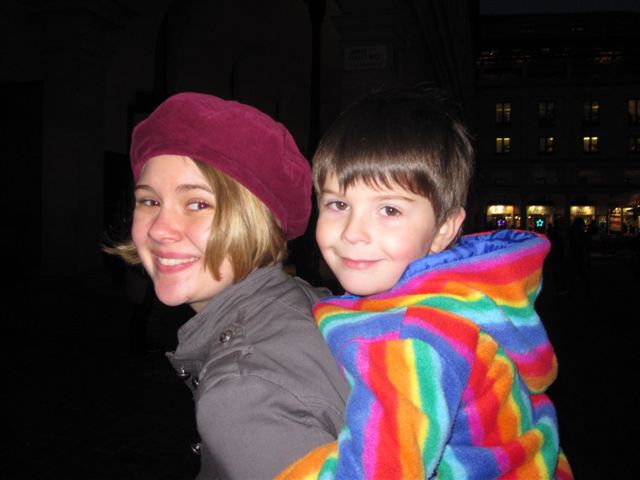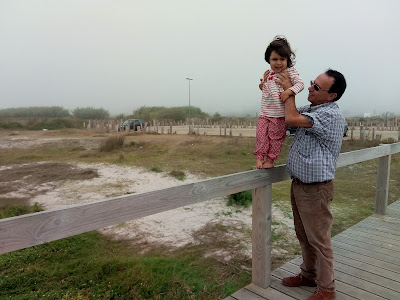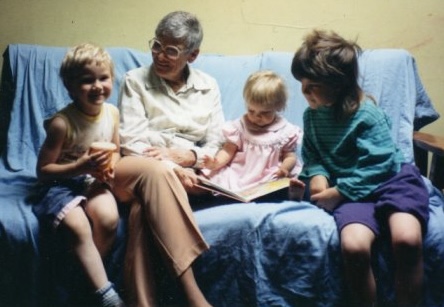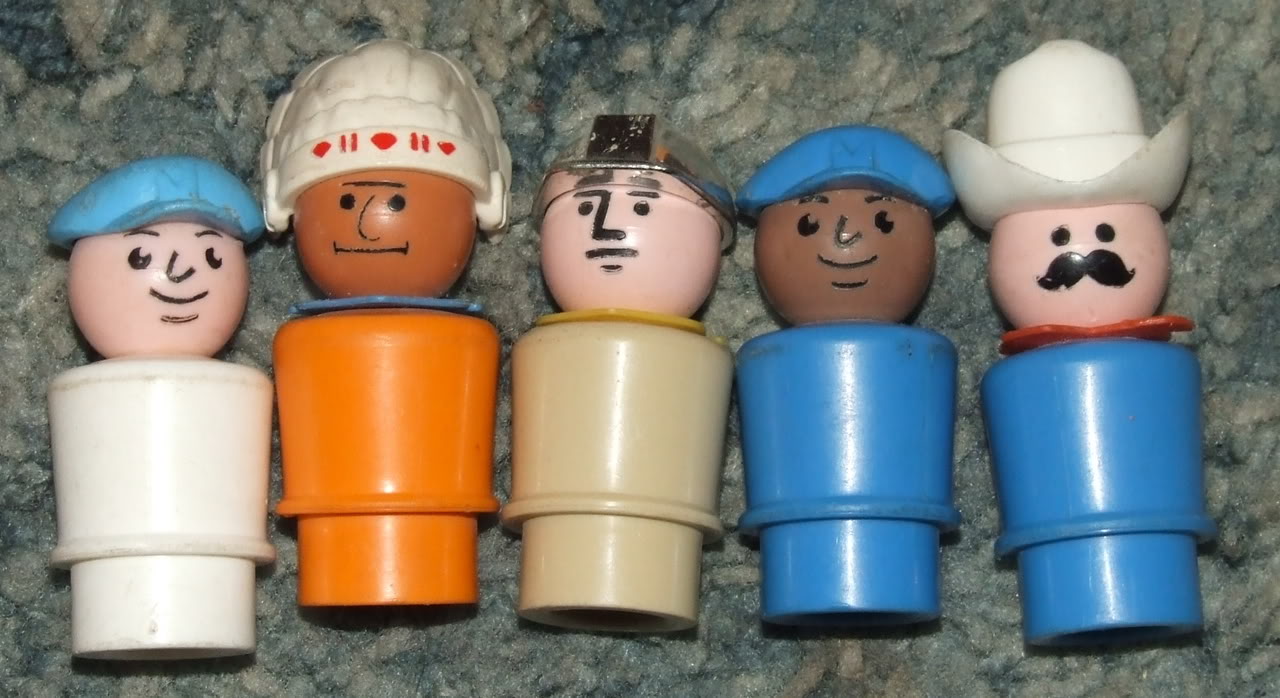Sandra Dodd, response in 2000 to: Can anyone explain to me "unschooling"?
It's like "just say no."
Just say no to school years and school schedules and school expectations, school habits and fears and terminology. Just say no to separating the world into important and unimportant things, into separating knowledge into math, science, history and language arts, with music, art and "PE" set in their less important little places.
Most of unschooling has to happen inside the parents. They need to spend some time sorting out what is real from what is construct, and what occurs in nature from what only occurs in school (and then in the minds of those who were told school was real life, school was a kid's fulltime job, school was more important than anything, school would keep them from being ignorant, school would make them happy and rich and right).
It's what happens after all that school stuff is banished from your life.
photo by Rosie Moon









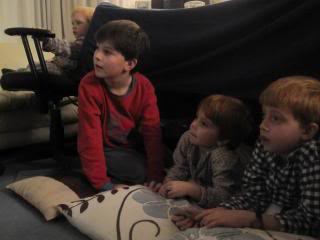 "Thanks. I'll think about that." (Or you could say "We thought about that," or "I think about that all the time.")
"Thanks. I'll think about that." (Or you could say "We thought about that," or "I think about that all the time.")
